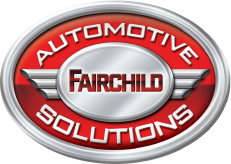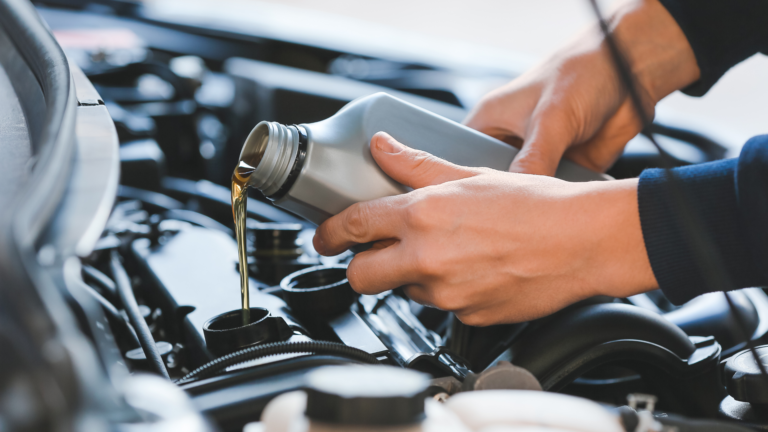General Guidelines on Advisor and Technician repair order documentation: Known as the 3 C’s – The Complaint, The Cause, and the Correction
Documentation is essentially communication and concise and straightforward communication in the Service Department of any Dealership is essential! Many, many man-hours are wasted each and every day because of poor documentation of Service Repair Orders. Also, customer confidence can be shattered through poor communication and this phenomenon can exacerbate customer concerns that are not able to be diagnosed or worse, diagnosed incorrectly and improperly or mis-repaired! Then there is the dreaded threat of Warranty Audit! One condition that subjects warranty claims to disallowance by the manufacturer is lack of supporting documentation. Warranty auditors routinely charge back thousands of dollars to dealerships for lack of proper documentation alone! It is important on several levels for the information documented on repair orders to be as concise and detailed as possible.
Functionally there are two sides of the coin:
- The Service Advisor must fully document the customer’s complaint.
- The Technician must fully document the cause and correction.
The Service Advisors’s Charge
The Service Advisor is responsible for recording the Customers symptoms and experiences accurately and with enough detail to ensure a proper technical analysis. Keeping in mind the risk for No Problem Found and potential for Repeat Repair (The dreaded “Comeback”) the Advisor must carefully record the exact concern a customer is presenting. A large number of repeat repairs are the result of the technician not having enough information to find the problems. In many cases, a few more words could have saved the technicians unneeded diagnostic steps, having to explain a “no problem found” condition, or a return visit from the customer for the same complaint.
The Service Advisor is accountable for addressing and completely documenting the details of each customer concern by:
- Starting each concern with “Customer States:” Doing so allows the Technician a chance to hear the customers actual statement of concern.
- Listening and focusing on the symptoms described
- Asking open-ended questions (who/what/where/when/how)
- Confirming/repeating the primary and all secondary concerns with the customer
- Printing and reviewing the Factory and DMS history of each vehicle
- Complete Diagnostic Evaluation Sheet if required
- Detailing the customer and vehicle information including most recent contact data and customer preferred contact method
- Providing an initial estimate for diagnosis
- Customer signature on the Repair Order – Have the customer sign the repair order!
Good Example: “Customer States: Engine stalled suddenly at intersection while idling at stop light after 10 miles of city driving, check engine light started blinking at that point, vehicle now turns over but won’t fire, no service history.”
Poor Example: “Truck died while driving”
Technician Accountability
Of Course, the Technicians in an Automobile Dealership are the lifeblood of all shop production, HOWEVER, sometimes they can get ahead of themselves. In the fast-paced arena of flat rate production, the unfortunate reality is getting your technicians to follow the protocols needed to ensure quality and timely repair work for your customers, as well as proper documentation can be a challenge! Technicians are responsible for diagnosing what caused the concern and what steps were taken to correct it.
All warranty repairs require that the technician enter an accurate, complete description of operation(s) performed including:
- Clarifying the repair
- Identifying the part that caused the failure (causal part)
- Identifying the specific cause of failure
- Supporting all labor operations
- Identifying all diagnostic test codes
- Identifying diagnostic equipment results
All diagnostic equipment printouts should be attached to Repair Order
Examples:
- Diagnostic Machine printout
- Alignment check printout
In those instances where diagnostic equipment is used which do not have printing abilities, handwritten documentation of tests and the test results must be noted on the RO. Examples:
- Pinpoint test results
- All diagnostic tests and results
- Diesel Engine performance chart
- Pre/post-machine rotor/drum specs
- Fuel pressure results
- Cooling Pressure test results
- Any analysis that results in measurements. Record all measurements.
Technician comments must be repair precise, include test findings, correctly indicate the operation that was performed and why it was performed. Additionally, certain repairs or claims require obtaining and documenting prior approval.
Quality Control
Once your Policies are in place and people have been educated, THEN the training begins! Remember to inspect what your expectations are ONGOING! Keep in mind training actually means PRACTICE! Encourage your team with gamification, incentives and loads of public praise for a job well done Perform spot audits on a regular basis and escalate non-compliance to disciplinary actions if and when coaching and counseling fail to get proper outcomes.
A tool I highly recommend is a RO Process Checklist. On this checklist you list the various responsibilities each party has and a checkbox and signature line for each item. Attach this to every RO written and get all parties to adhere to completing their checklist BEFORE handing the Repair Order in. Once this is put in place, a quick, daily RO Audit is all you will need to ensure compliance. ALSO – The Warranty Administrator can easily assess the completion level of every ticket they touch WITHOUT wasting time to scrutinize the RO in depth. If the checklist is not done it gets immediately ‘kicked back’ to the offending party for completion. Quality control will ensure your customers are handled properly and the Dealership gets proper credit and records are kept precise.
Remembering and ensuring attention to detail on the fundamentals make larger accomplishments possible. If we have the documentation properly administered, every job along the way will benefit from the efficiency. I hope this helps your efforts towards excellence.




